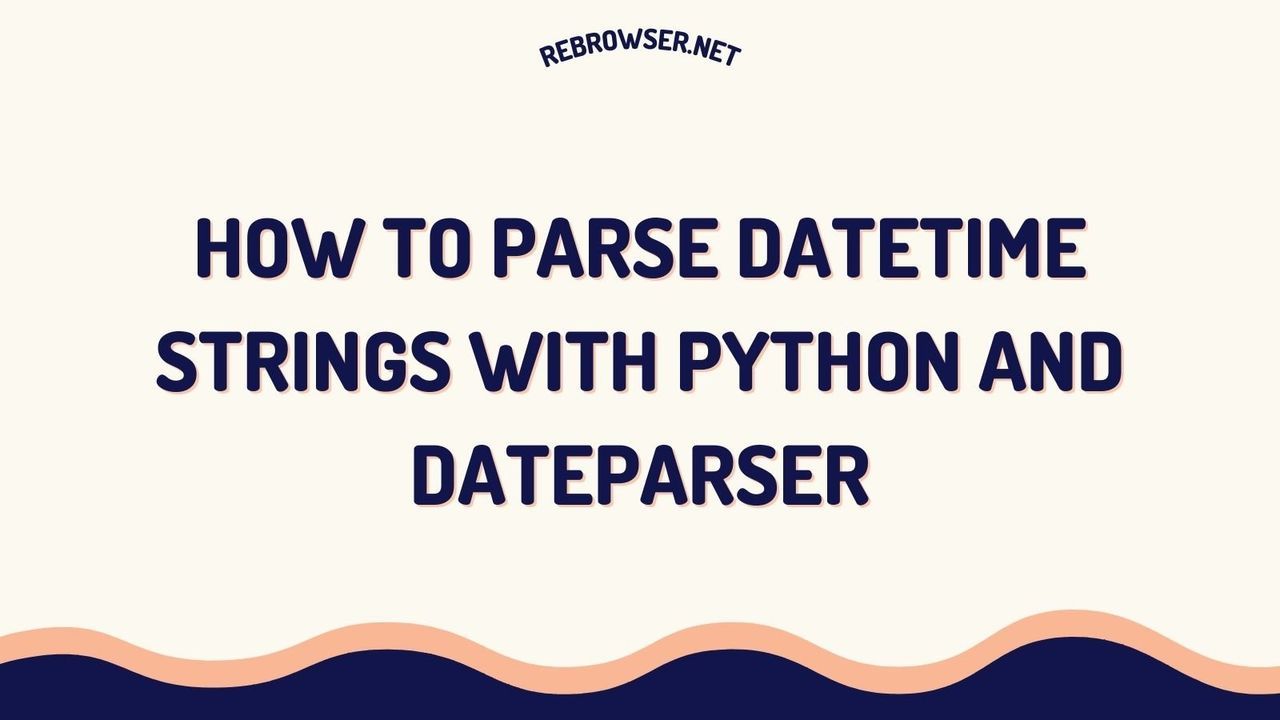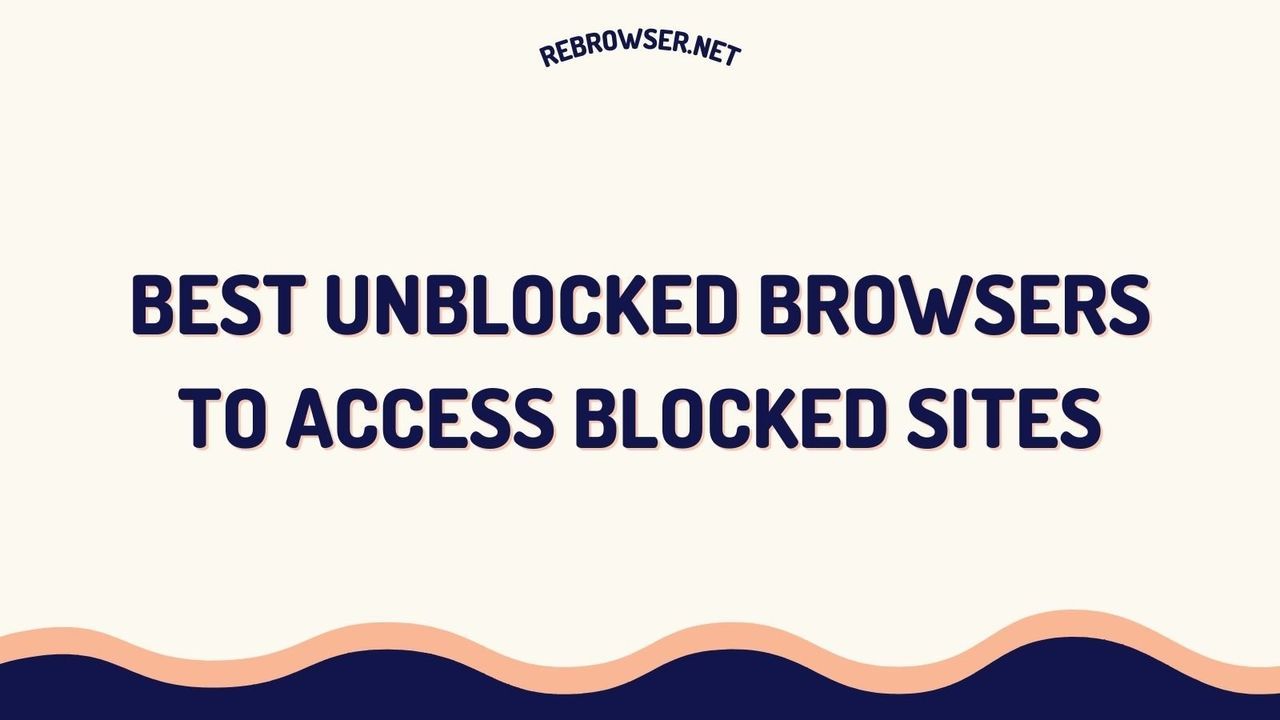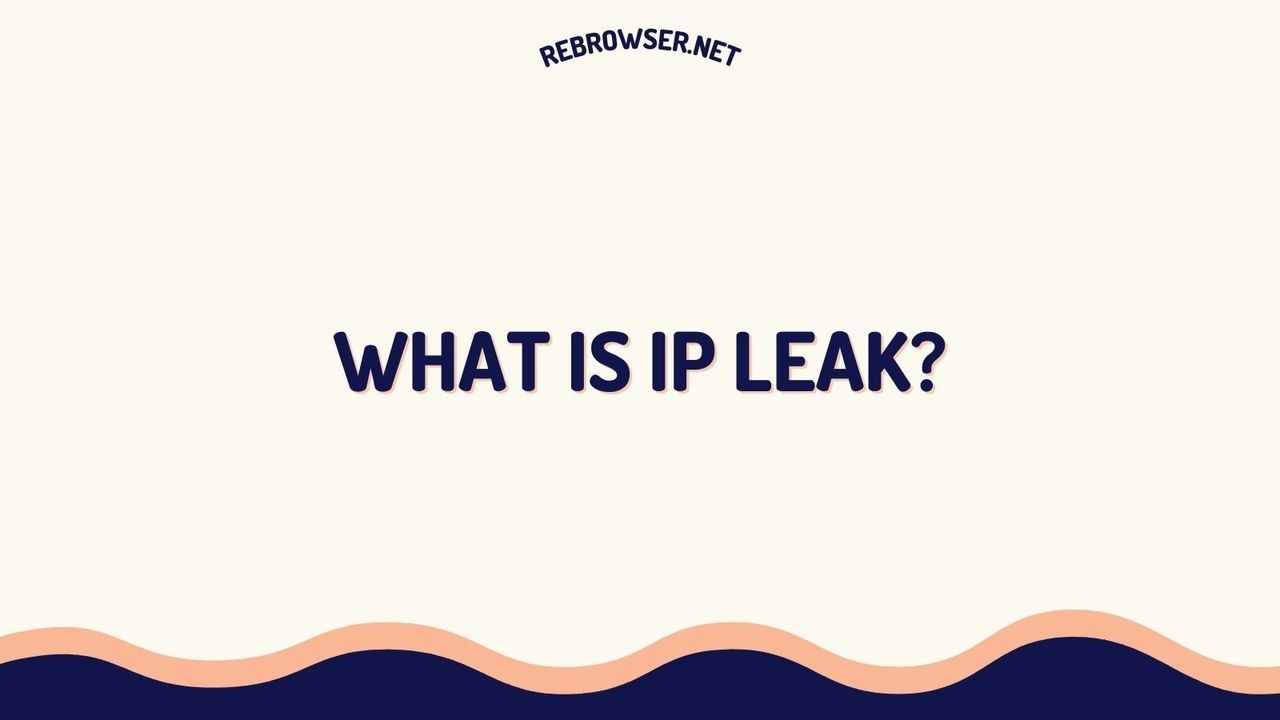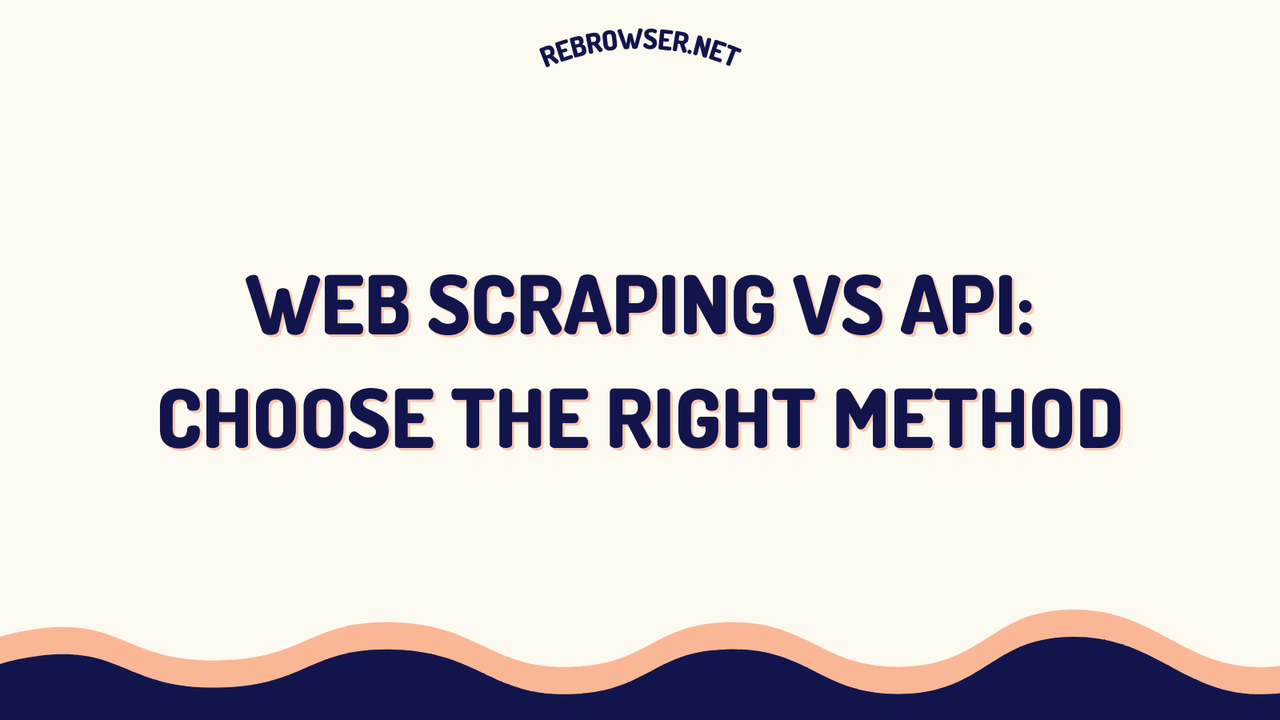Datacenter Proxies vs Residential Proxies: Which to Choose in 2024
Understanding Proxies in the Digital Landscape
In the ever-evolving digital world of 2024, proxies have become an essential tool for businesses and individuals alike. They serve as intermediaries between users and the internet, offering a range of benefits from enhanced privacy to improved data collection capabilities. As online security measures tighten and the need for anonymous browsing grows, understanding the differences between various proxy types has never been more crucial.
Datacenter proxies and residential proxies stand out as two of the most commonly used types, each with its own set of characteristics and applications. Whether you're looking to scrape web data, manage multiple accounts, or simply browse the web anonymously, choosing the right proxy can make all the difference in the success of your online activities.
This comprehensive guide will delve into the intricacies of datacenter and residential proxies, helping you navigate the complex world of online intermediaries. We'll explore their unique features, compare their performance, and provide insights into which type might be best suited for your specific needs. By the end of this article, you'll be equipped with the knowledge to make an informed decision and optimize your online operations.

Datacenter Proxies: Speed and Efficiency
Datacenter proxies are IP addresses that originate from powerful servers housed in data centers. These proxies are not associated with residential Internet Service Providers (ISPs) and are instead created and maintained by cloud hosting companies. Known for their speed, datacenter proxies offer a cost-effective solution for many online tasks.
One of the primary advantages of datacenter proxies is their impressive performance. With high-speed internet connections and robust infrastructure, these proxies can handle large volumes of requests quickly and efficiently. This makes them ideal for tasks that require rapid data processing or frequent IP rotations, such as web scraping or high-volume API requests.
However, it's important to note that datacenter proxies come with their own set of challenges. Because they're not associated with residential ISPs, they can be easier for websites to detect and potentially block. This is particularly true for sites with sophisticated anti-bot systems that are designed to identify and filter out non-residential IP addresses.
Key Features of Datacenter Proxies
Let's break down some of the defining characteristics of datacenter proxies:
- High-speed connections, often faster than residential proxies
- Lower cost compared to residential proxies
- Ability to handle large volumes of requests
- Often come in subnets, which can be a double-edged sword
- May be more easily detected by advanced anti-bot systems
Despite their potential drawbacks, datacenter proxies remain a popular choice for many applications. They're particularly useful for tasks that prioritize speed and don't require the appearance of coming from a residential network. For instance, they're often employed in competitive price monitoring, where businesses need to quickly gather pricing data from multiple sources.

Residential Proxies: Authenticity and Stealth
In contrast to datacenter proxies, residential proxies are IP addresses assigned by Internet Service Providers (ISPs) to homeowners and mobile devices. These proxies are associated with real residential locations, making them appear as genuine user traffic to most websites. Authenticity is key when it comes to residential proxies, as they mimic the behavior of regular internet users.
The primary advantage of residential proxies lies in their ability to bypass stringent anti-bot measures and access geo-restricted content. Since these IPs are associated with real users and locations, they're less likely to be flagged or blocked by websites. This makes them invaluable for tasks that require a high level of anonymity or need to access location-specific content.
However, residential proxies typically come with a higher price tag compared to their datacenter counterparts. This is due to the complexity involved in acquiring and maintaining a network of residential IPs. Additionally, they may have lower speeds and higher latency compared to datacenter proxies, as they're routed through real residential internet connections.
Key Features of Residential Proxies
Here are some defining characteristics of residential proxies:
- IP addresses associated with real residential locations
- Higher level of anonymity and lower detection rates
- Ability to access geo-restricted content more easily
- Generally more expensive than datacenter proxies
- May have lower speeds and higher latency
Residential proxies excel in scenarios where authenticity is paramount. They're often used for social media management, ad verification, and accessing region-locked content. Their ability to mimic real user behavior makes them ideal for tasks that require a more organic online presence.
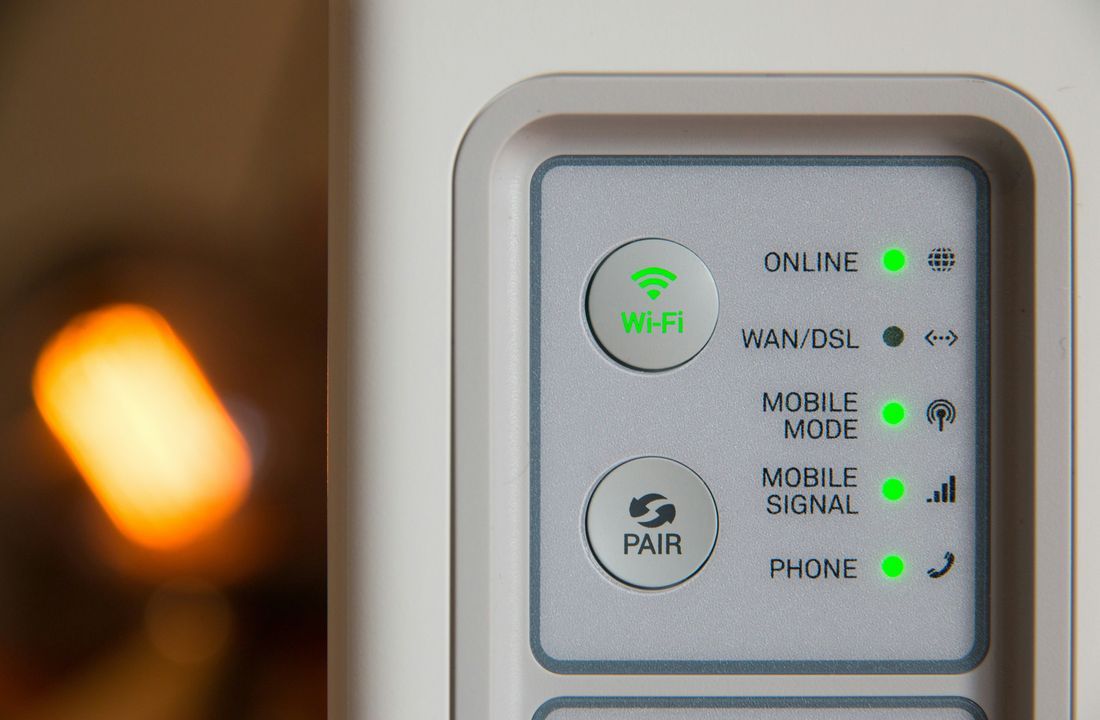
Choosing the Right Proxy for Your Needs
Selecting between datacenter and residential proxies isn't always a straightforward decision. It often depends on the specific requirements of your project, your budget, and the level of anonymity you need. Let's explore some scenarios to help guide your choice.
For high-volume data scraping projects where speed is crucial, datacenter proxies might be the better option. Their ability to handle large numbers of requests quickly can significantly reduce the time needed for data collection. However, if you're scraping from websites with advanced anti-bot systems, you might need to consider residential proxies to avoid detection.
When it comes to tasks like social media management or ad verification, residential proxies often have the edge. Their ability to appear as genuine user traffic makes them less likely to trigger suspicion or get blocked. This is particularly important when managing multiple accounts or verifying the placement and performance of online advertisements.
Factors to Consider
Here are some key factors to weigh when choosing between datacenter and residential proxies:
- Speed requirements: If speed is your top priority, datacenter proxies usually offer better performance.
- Anonymity needs: For tasks requiring high levels of anonymity, residential proxies are typically more effective.
- Budget constraints: Datacenter proxies are generally more affordable, especially for large-scale operations.
- Target websites: Consider the anti-bot measures of your target websites. Some may be more likely to block datacenter IPs.
- Geo-targeting: If you need to access region-specific content, residential proxies offer more precise location targeting.
In many cases, a combination of both proxy types might be the most effective approach. This allows you to leverage the strengths of each type depending on the specific task at hand. Flexibility is crucial in navigating the complex landscape of online data collection and management.
Rebrowser: Revolutionizing Proxy Usage
As we navigate the complexities of proxy usage in 2024, innovative solutions like Rebrowser are changing the game. This cloud browser service offers a unique approach to managing proxies and online activities, providing benefits that go beyond traditional proxy setups.
Rebrowser's cloud-based platform allows users to leverage both datacenter and residential proxies seamlessly. By running entirely on remote servers, it provides an undetectable browsing experience that can bypass even the most sophisticated anti-bot systems. This means you can enjoy the speed of datacenter proxies and the authenticity of residential proxies without the typical drawbacks associated with each.
One of the key advantages of using a cloud browser like Rebrowser is its ability to integrate seamlessly with existing automation scripts. Whether you're using Puppeteer or Playwright, you can transition your workflows to this undetectable platform with minimal code changes. This makes it an ideal solution for developers looking to scale their operations without getting bogged down in proxy management.
Advanced Features for Proxy Management
Rebrowser offers several features that enhance proxy usage:
- Real-time session observation directly from your browser
- Persistent profiles with consistent local storage and cookies
- AI-assisted CAPTCHA solving
- Support for both datacenter and residential proxies
- Ability to use customer's own proxies (SOCKS5 or HTTP)
By providing a comprehensive solution that combines the benefits of various proxy types with advanced browsing capabilities, Rebrowser addresses many of the pain points typically associated with proxy usage. It eliminates the need to manage complex proxy rotations or worry about IP detection, allowing users to focus on their core tasks.
Whether you're engaged in web scraping, multi-account management, or ad verification, a cloud browser solution like Rebrowser can provide the flexibility and reliability needed to navigate the increasingly complex online landscape. As we continue to see advancements in anti-bot technology, tools that offer undetectable browsing experiences will become increasingly valuable for businesses and individuals alike.
Frequently Asked Questions
Q: What's the main difference between datacenter and residential proxies?
The primary difference lies in their origin and perceived authenticity. Datacenter proxies are IP addresses created in bulk from data centers, offering high speeds but potentially easier detection. Residential proxies, on the other hand, are IP addresses assigned by Internet Service Providers to real residential users, providing better anonymity and lower detection rates.
This distinction affects their performance, cost, and suitability for different tasks. Datacenter proxies are generally faster and more cost-effective, making them ideal for high-volume, speed-critical tasks. Residential proxies offer better anonymity and are more effective at accessing geo-restricted content or bypassing stringent anti-bot measures.
Q: Are datacenter proxies always faster than residential proxies?
While datacenter proxies are generally faster due to their powerful server infrastructure, it's not a universal rule. The speed of a proxy depends on various factors, including the specific provider, network conditions, and the location of the target server.
Datacenter proxies often have the edge in raw speed and can handle higher volumes of requests. However, for certain geo-specific tasks or when accessing websites with strict anti-bot measures, residential proxies might perform better overall due to their lower likelihood of being blocked or throttled.
Q: Can websites detect if I'm using a proxy?
Yes, websites can potentially detect proxy usage, but the likelihood and accuracy of detection vary depending on the type of proxy and the website's detection methods. Sophisticated websites use various techniques to identify proxy traffic, including checking IP reputation databases, analyzing browser fingerprints, and monitoring user behavior patterns.
Datacenter proxies are generally easier to detect due to their non-residential nature and potential IP clustering. Residential proxies are harder to detect as they appear as genuine user traffic. However, even with residential proxies, unusual patterns of behavior or high-volume requests from the same IP can raise suspicions.
Q: How do I choose between datacenter and residential proxies for web scraping?
The choice between datacenter and residential proxies for web scraping depends on your specific needs and the target websites. If you're scraping non-sensitive, public data from websites without strict anti-bot measures, datacenter proxies might be sufficient and more cost-effective due to their speed and ability to handle high request volumes.
However, if you're targeting websites with advanced anti-scraping techniques or need to access geo-restricted content, residential proxies would be a better choice. They're less likely to be blocked and can provide more accurate location-based data. For large-scale or sensitive scraping projects, a mix of both types or a specialized solution like Rebrowser might offer the best balance of speed, anonymity, and success rate.
Q: Are there any legal concerns with using proxies?
The use of proxies itself is generally legal, but how you use them can potentially raise legal issues. Proxies are legitimate tools used by businesses and individuals for various purposes, including enhancing online security, bypassing geo-restrictions, and managing multiple online accounts.
However, using proxies to engage in illegal activities, violate website terms of service, or bypass copyright protections can lead to legal consequences. It's important to always respect website rules, copyright laws, and data protection regulations when using proxies. If you're unsure about the legality of your intended use, it's advisable to consult with a legal professional familiar with internet and data protection laws.
